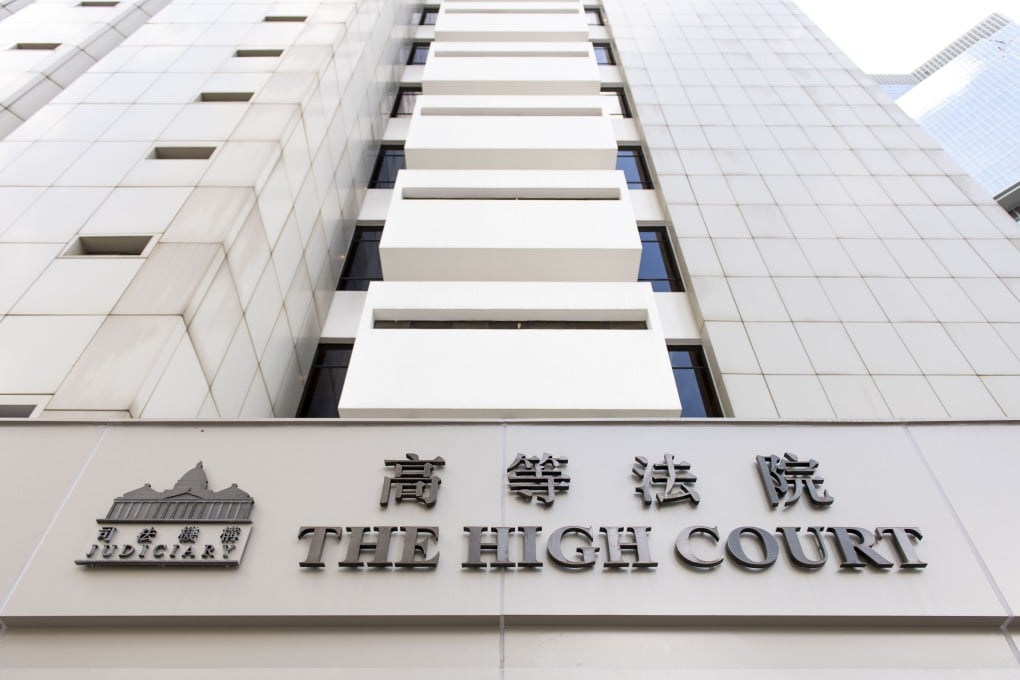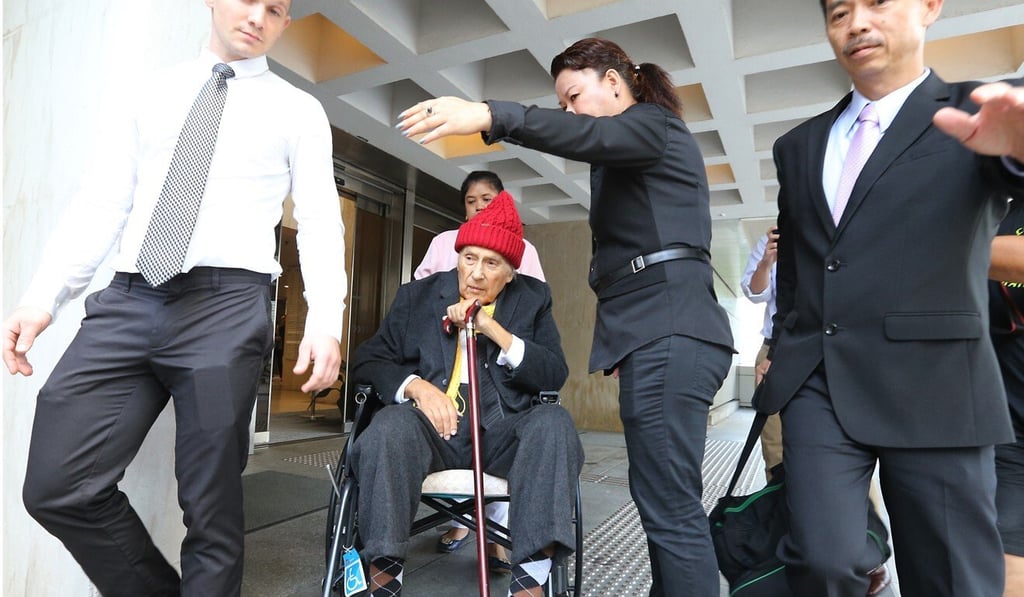Son of late Hong Kong billionaire Eric Hotung awarded HK$1 after 15-year legal feud over trusts ends
- Anthony Hotung took his father and businesswoman Winnie Ho Yuen-ki to court in June 2006, over allegations about her breach of duty as a trustee
- He did not know about his interests in the two trusts until around 2000, although he turned 21 in March 1987

A Hong Kong court on Tuesday concluded a 15-year legal feud within the family of late billionaire Eric Hotung by awarding HK$1 to one of his sons who was not told about his interests in two trusts upon reaching the majority age of 21.
Anthony Hotung took his father Eric and businesswoman Winnie Ho Yuen-ki to court in June 2006, over allegations about the latter’s breach of duty as a trustee and irregularities in the management of Hotung Investment (China).
The two defendants were cousins but also secret lovers with two children. Winnie’s grandfather was Ho Fook, younger brother of influential colonial-era tycoon Robert Hotung, Eric’s grandfather.
Eric died in September 2017, aged 91, and Winnie the following June, aged 95.

The High Court heard that Winnie, younger sister of late gaming tycoon Stanley Ho Hung-sun, held a number of shares upon trust for Anthony and two of his brothers, Michael Hotung and Sean Hotung, in Hotung Investment and Hotung Enterprises. Eric was the settlor of the two trusts.